How to Finance Your Property Purchase in Europe
Are you considering purchasing a property in Europe? Whether you're looking for a vacation home, an investment property, or a place to retire, Europe offers a diverse range of real estate opportunities. However, navigating the complexities of financing a property purchase in a foreign country can be daunting. In this comprehensive guide, we will walk you through the steps to successfully finance your property purchase in Europe, ensuring a smooth and rewarding experience.
1. Understanding the European Real Estate Market
Before diving into the financing process, it's crucial to gain a thorough understanding of the European real estate market. Each country has its own unique regulations, property laws, and financing options. Conducting thorough research will help you identify the most suitable locations, assess market trends, and make informed decisions. Consider factors such as property prices, rental yields, economic stability, and growth potential. Engage with local experts, consult reputable real estate agents, and explore online resources to gather valuable insights into the market.
2. Assessing Your Financial Capacity
Before embarking on your property purchase journey, it's essential to assess your financial capacity. Determine your budget and evaluate your ability to secure financing. Take into account your savings, income, and existing assets. Additionally, factor in potential costs such as property taxes, maintenance fees, and insurance. Be realistic about your financial capabilities and avoid overstretching yourself. It's advisable to consult with a financial advisor who specializes in international investments to ensure you make well-informed decisions regarding your financial capacity.
3. Exploring Financing Options
Financing your property purchase in Europe can be accomplished through various channels. Here are some common financing options to consider:
a. Local Banks
Local banks in Europe offer mortgage loans to both residents and non-residents. These loans typically have competitive interest rates and favorable terms. However, eligibility criteria, loan-to-value ratios, and down payment requirements may vary across countries. Engage with multiple banks to compare offers and select the option that best suits your needs. Ensure you have a strong credit history and sufficient documentation to support your loan application.
b. International Banks
International banks with a presence in Europe may provide financing options specifically tailored for non-resident buyers. These banks understand the unique requirements of international buyers and offer specialised services. Explore international banks that have experience in financing cross-border transactions and seek their expert advice.
c. Private Lenders
Private lenders can also be a viable financing option for purchasing property in Europe. These lenders often offer more flexible terms and faster approval processes than traditional banks. However, it's important to carefully evaluate the terms, interest rates, and reputation of private lenders to ensure they are reputable and reliable.
d. Seller Financing
In certain cases, sellers may be open to providing financing options to buyers. This arrangement involves negotiating terms directly with the seller, potentially eliminating the need for third-party financing. While seller financing can offer advantages such as simplified processes and lower upfront costs, it's crucial to conduct due diligence and seek legal advice to safeguard your interests.
4. Securing Pre-Approval and Gathering Documentation
Once you have explored the available financing options, it's advisable to obtain pre-approval from the selected lender. This step will help you determine the loan amount you qualify for and strengthen your position as a serious buyer. Prepare the necessary documentation, which may include:
- Proof of identity and residency
- Employment verification
- Income statements
- Bank statements
- Tax returns
- Property details and purchase agreement
Ensure you provide accurate and complete documentation to avoid delays in the approval process.
5. Considering Currency Exchange and Hedging Strategies
When purchasing a property in a foreign country, it's essential to consider currency exchange rates and potential risks. Fluctuations in exchange rates can significantly impact the cost of your property. It's advisable to consult with a currency exchange specialist to develop a strategy that minimizes risks and maximizes your purchasing power. Hedging options such as forward contracts and currency options can provide protection against unfavorable currency movements.
6. Engaging Legal and Tax Professionals
Navigating legal and tax regulations in a foreign country can be complex. To ensure compliance and protect your interests, engage reputable legal and tax professionals who specialize in international real estate transactions. They will guide you through the legal requirements, assist in contract negotiations, and ensure all necessary taxes and fees are paid in accordance with local regulations.
7. Evaluating Insurance Options
Property insurance is a crucial aspect of protecting your investment. Research insurance options available in the country where you plan to purchase the property. Consider policies that cover property damage, liability, natural disasters, and potential rental income loss. Engage with insurance providers to understand the coverage and obtain multiple quotes to ensure competitive premiums.
Conclusion
Purchasing a property in Europe can be a rewarding and lucrative venture. By understanding the European real estate market, assessing your financial capacity, exploring financing options, and seeking expert advice, you can finance your property purchase in Europe with confidence. Remember to conduct thorough research, gather the necessary documentation, and engage professionals to navigate legal, tax, and insurance requirements. With careful planning and informed decision-making, you can turn your dream of owning a European property into a reality.
FAQs
Q: Can I finance a property purchase in Europe if I'm not a resident? A: Yes, many European countries offer financing options for non-resident buyers. Local and international banks, as well as private lenders, provide mortgage loans specifically tailored for non-residents.
Q: How much down payment do I need to finance a property in Europe? A: The down payment requirement varies across countries and lenders. It typically ranges from 10% to 30% of the property's value. Consult with lenders to determine the specific down payment requirement based on your circumstances.
Q: Do I need to speak the local language to secure financing for a property purchase in Europe? A: While it can be beneficial to have some knowledge of the local language, it's not always a requirement. Most banks and financial institutions catering to international buyers have multilingual staff who can assist you throughout the financing process.

